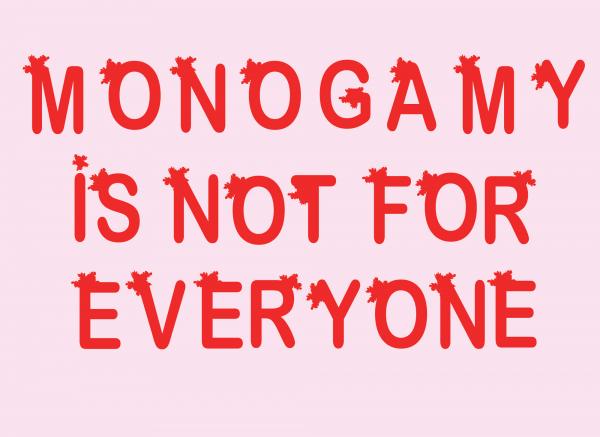Shame and Sexuality


Welcome back to my playground, my Lexual fiends and friends.
One of my missions with my podcast is to help people discover their Lexuality, and guide them to express that however they choose, if they choose to do so, without judgment or fear or shame.
So, this podcast really hit home for me and was perfectly in line with my perspectives about sexuality.
I first met Rahim Thawer at Sex Down South Conference in Atlanta this past September. He gave a fantastic workshop about shame and sexuality, and also had an eye-opening keynote speech about fluidity. I knew I needed to have him on my show!
So this week, Rahim Thawer of Affective Consulting in Toronto and I go deep and talk about the differences between shame and guilt, how we can understand and cope with feelings of shame, what might lead to those feelings, and the different ways in which they might manifest in our lives.
In This Episode
Rahim talks about how shame isn’t always a bad thing and explains what we can learn from feeling different kinds of shame in our lives, like shyness and embarrassment, which are smaller versions of shameful feelings we might feel.
I shared a personal story about how I asked a guy out back when I was in elementary school, and was embarrassed when he said no — which Rahim used as an example of how feeling a little bit of shame can be a good thing, since my embarrassment led to me deciding to go a more private route when approaching someone for a potential date or flirtatious interaction, but never deterred me from continuing to approach people in this way. Good to know my embarrassing experience could be a learning experience!
Rahim also explores the ways in which we can learn to develop feelings of shame and guilt and the ways in which those can impact different spheres of our personal lives.
Throughout our chat, we provide advice for you to learn how to live your life authentically and feel confident with your sexuality, and how to learn to cope with some feelings of shame that may arise.
Rahim and I also answered a few Letters to Lexi from you — the audience! — to give you some real-life advice about your own sex lives and relationships. Send in your questions via social media (links below) and then listen to my next podcast to hear if I might answer your question!








